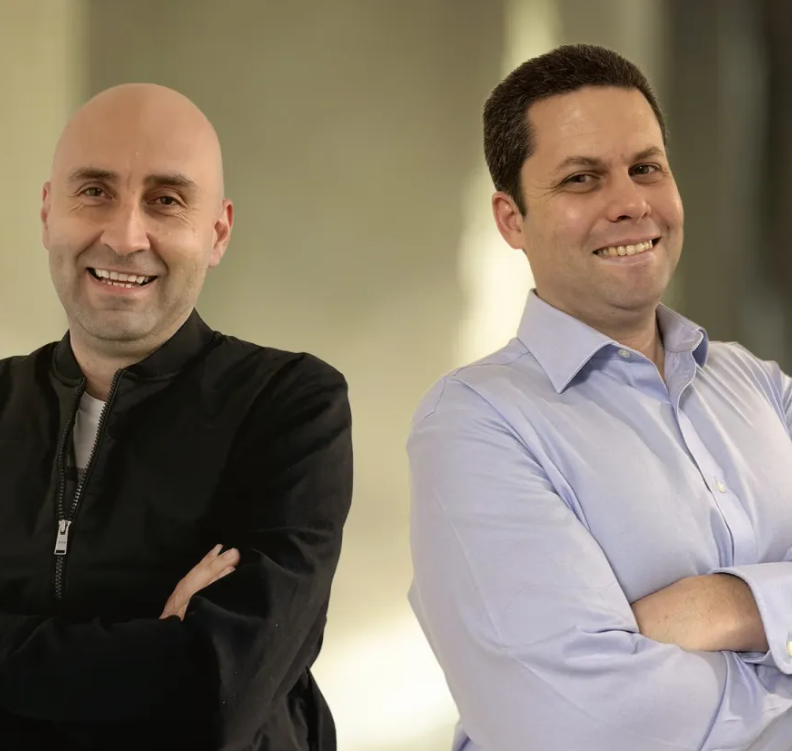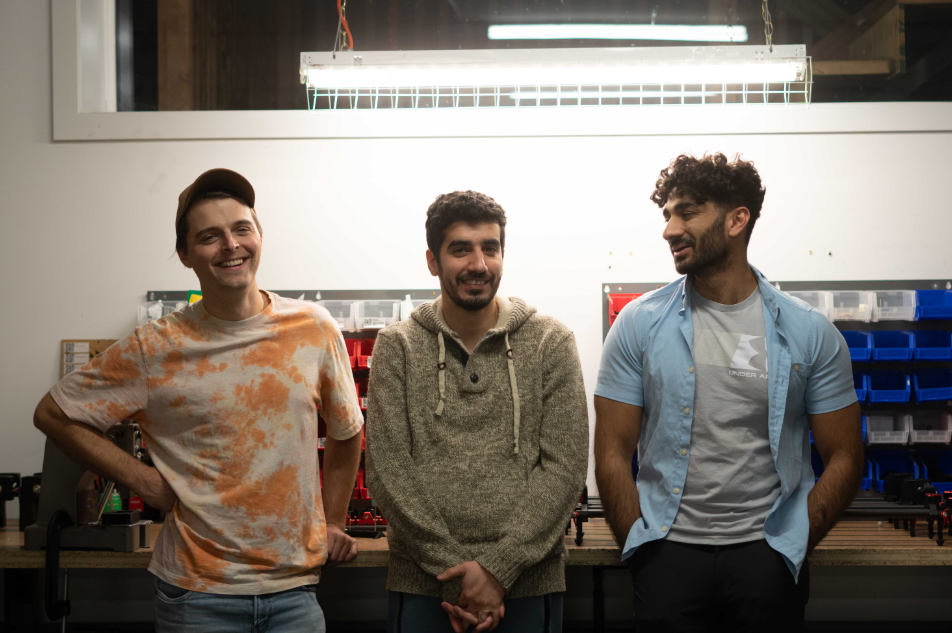In a TED Intersections conversation, social psychologist Brian S. Lowery and AI technologist Kylan Gibbs explored the impact of artificial intelligence (AI) on what it means to be human. Their exchange explored the psychological and social effects of AI, and whether technology can ever replicate the essence of human connection.
Gibbs, who spends hours a day interacting with AI systems, pointed out: “There’s something about the predictability of AI that teaches you about the spontaneity of being human.”
He explained that while AI can simulate interactions, it often lacks the spontaneity and emotional depth that define human communication.
“Even though it said something similar to my parents, there’s something off,” Gibbs remarked, referring to the uncanny feeling that AI-generated conversations still miss crucial nuances.
Lowery questioned whether people might start relying too much on AI, losing touch with authentic human experiences.
“What I worry about with AI, with VR, with all these expanding technologies, is that we all inhabit our own singular world,” he said. He raised concerns that these personalized experiences could lead to increasing isolation, rather than fostering real-world connections.
Gibbs agreed but added another dimension to the conversation.
“The AI gives you this sense that I can control this anthropomorphic thing,” he explained, stressing how people might become more drawn to AI because it offers predictability.
This sense of control, however, could have consequences for how humans relate to one another. Gibbs warned: “What does it mean when I get used to interacting with something that is beholden to only my views and interests, and then I go interact with a human who has their own interests?”
The conversation touched on deeper philosophical questions as well. Lowery suggested that AI could lead to a sense of detachment from others, as people mistake virtual interactions for genuine social connection.
“You will cease to be human if you don’t have a need for human connection,” Lowery said, which underlines the fundamental role of human interaction in maintaining mental health and well-being.
Both agreed that while AI might change the way people interact, the essence of humanity lies in shared experiences and complex social dynamics that technology can’t yet replicate.
Featured image: Credit: TED






